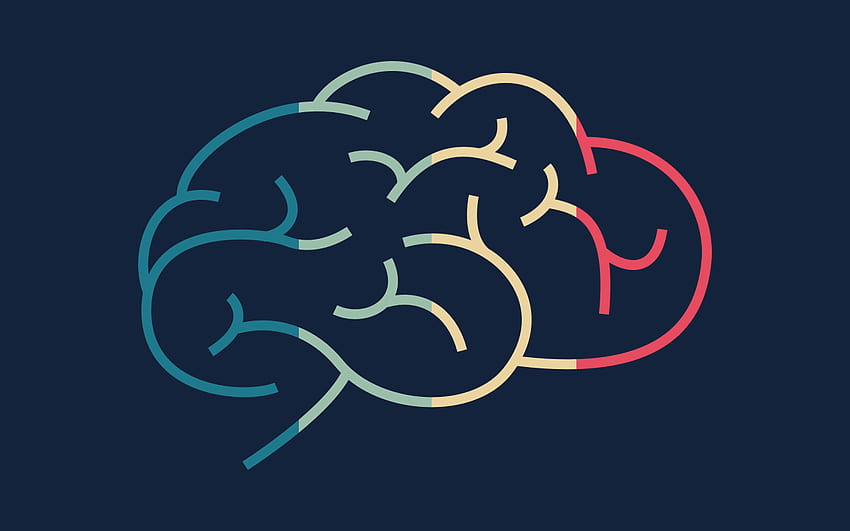
Embracing Mindfulness: A Guide to Cultivating Mental Well-Being

In today’s fast-paced world, ensuring our mental well-being is more important than ever. It’s easy to get caught up in the busyness of life, often neglecting our mental health in the process. However, by embracing mindfulness, we can learn to cultivate a sense of peace and balance in our lives. Mindfulness is a powerful tool that allows us to be fully present in the moment, acknowledging our thoughts and feelings without judgment. It provides us with the opportunity to create a deeper connection with ourselves and the world around us.
The Benefits of Mindfulness
Mindfulness has been shown to have numerous benefits for mental health, helping individuals to better cope with stress, anxiety, and depression. By bringing awareness to the present moment, individuals can learn to observe their thoughts and feelings without judgment, leading to a greater sense of calm and clarity.
Practicing mindfulness can also improve focus and concentration, as it trains the mind to stay present and attentive to the task at hand. This enhanced ability to pay attention can be particularly beneficial for those who struggle with racing thoughts or difficulty concentrating.
Furthermore, research suggests that regular mindfulness practice can lead to increased self-awareness and emotional regulation. By tuning into their emotions and bodily sensations, individuals can better understand their triggers and responses, ultimately leading to a healthier relationship with oneself and others.
Practical Tips for Daily Mindfulness
Incorporate mindfulness practices in your daily routine to enhance mental well-being. Start the day with a mindful breathing exercise to center your thoughts and set a positive tone for the day. Take a few moments to focus on your breath, feeling it move in and out of your body.
Find Out More
Practice gratitude daily by reflecting on things you are thankful for. This can be as simple as appreciating the warmth of the sun on your skin or a kind gesture from a friend. Cultivating gratitude helps shift your focus towards positivity and promotes a sense of contentment.
Engage in mindful eating by savoring each bite and paying attention to the flavors and textures of your food. Take time to chew slowly and appreciate the nourishment each meal provides. Mindful eating encourages a deeper connection with your body and enhances the overall dining experience.
Mindfulness Techniques to Try
One effective mindfulness technique is deep breathing. Take a moment to focus your attention on your breath. Inhale deeply through your nose, hold for a few seconds, then exhale slowly through your mouth. Repeat this process several times to help calm your mind and body.
Another useful technique is body scan meditation. Find a comfortable position, close your eyes, and slowly bring your awareness to each part of your body starting from your toes up to your head. Notice any sensations without judgment, allowing yourself to fully relax and let go of tension.
Mindful walking can also be a great way to practice mindfulness. Take a leisurely walk, paying close attention to each step you take. Feel the ground beneath your feet, the movement of your body, and the sights and sounds around you. This simple activity can help you connect with the present moment and relieve stress.



